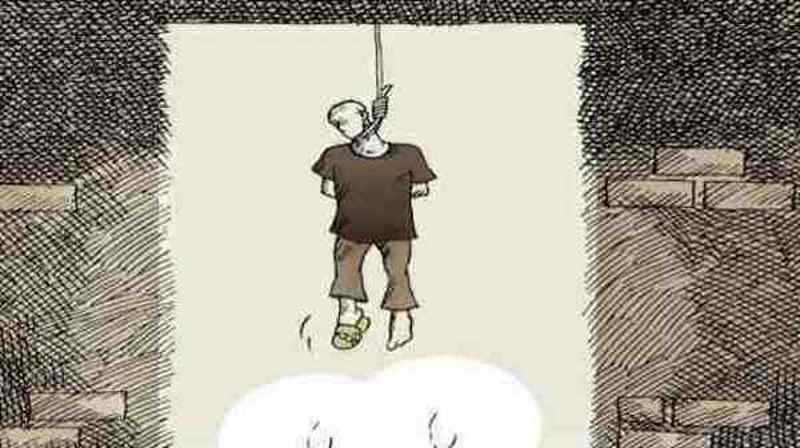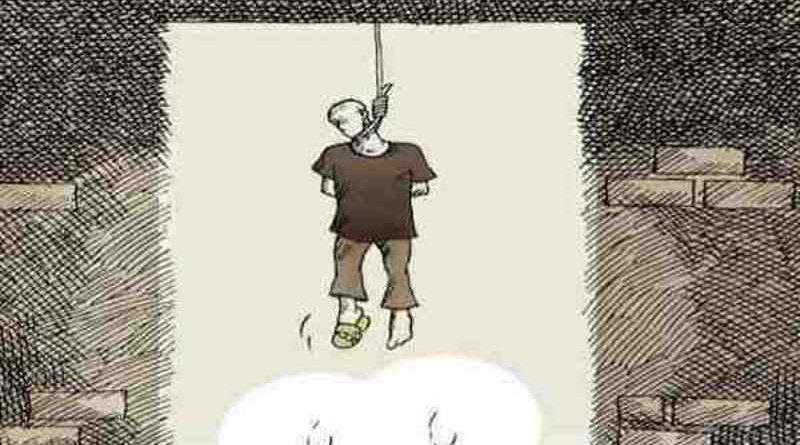Amnesty India Hails Decision to Commute Death Sentences of Four Men

The India arm of human rights organization Amnesty International today welcomed the decision of President Pranab Mukherjee to commute the death sentences of four men to life terms.
Amnesty said that it is an encouraging step and should be followed by concrete steps by the government to end the use of the death penalty in India.
The four men – Krishna Mochi, Nanhe Lal Mochi, Bir Kuer Paswan and Dharmendra Singh – were convicted of the murder of 35 people in Bara, Bihar, in 1992.
Amnesty quotes media reports to state that their mercy petitions were previously rejected by the Bihar state government and the Union Ministry of Home Affairs.
“President Pranab Mukherjee’s decision to commute these death sentences is a welcome measure, and should spur the government to impose a moratorium on the death penalty with the aim of eventually abolishing it,” said Aakar Patel, executive director of Amnesty International India.
President Mukherjee has accepted the mercy petitions of seven prisoners since taking office in 2012. He has rejected the mercy petitions of 37 prisoners – the most by any President.
According to Amnesty, Indian courts have repeatedly acknowledged that the use of the death penalty in India is arbitrary and inconsistent.
Research by Amnesty International and the People’s Union for Civil Liberties has revealed that the imposition of death sentences in India disproportionately affects those with little wealth or influence.
In a report on the death penalty in August 2015, India’s Law Commission said the administration of the punishment is fallible, vulnerable to misapplication, and disproportionately used against socially and economically marginalized people.
“The death penalty therefore remains an irreversible punishment in an imperfect, fragile and fallible system,” it said. The Commission stated that it hoped “the movement towards absolute abolition will be swift and irreversible,” Amnesty said in a statement.
An extensive study on the death penalty in India by the National Law University, Delhi, in 2016 revealed that most prisoners on death row were from economically vulnerable and socially disadvantaged groups.
There exists no credible evidence that the threat of execution is more of a deterrent to crime than a prison sentence. This fact, according to Amnesty, has been confirmed in multiple studies carried out by the United Nations and others in many regions around the world.
Photo courtesy: Amnesty International





